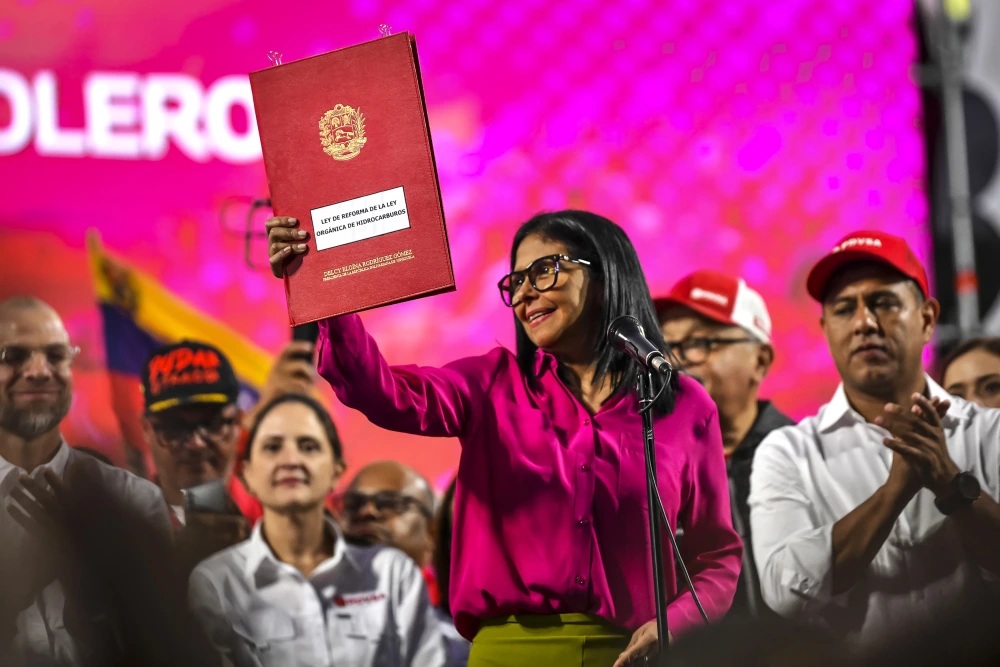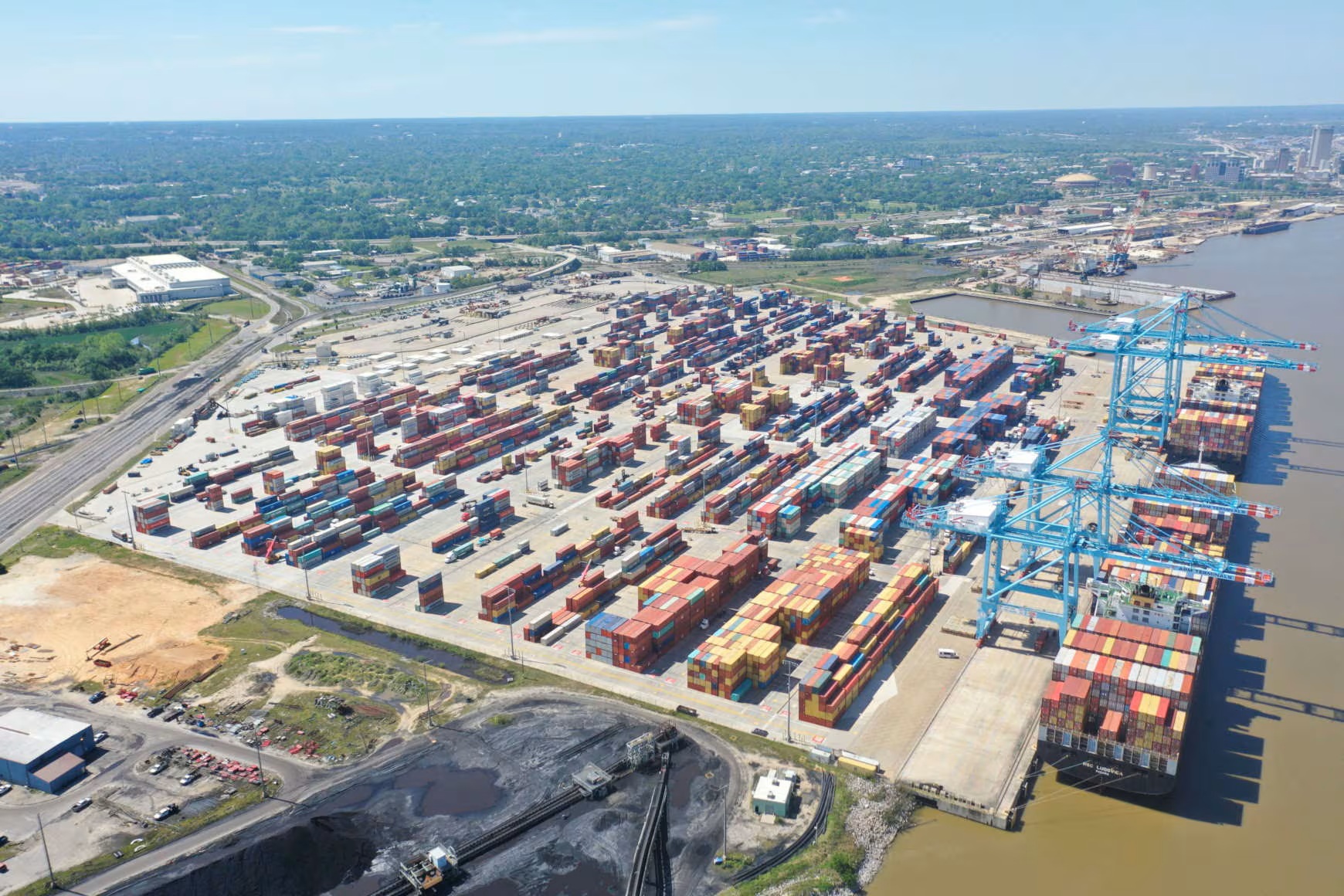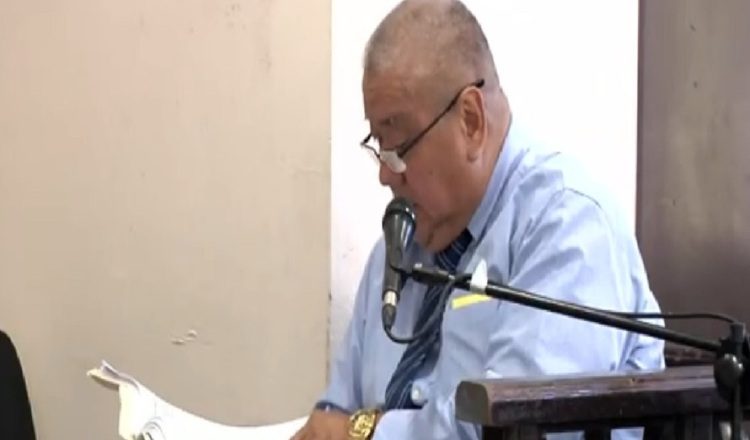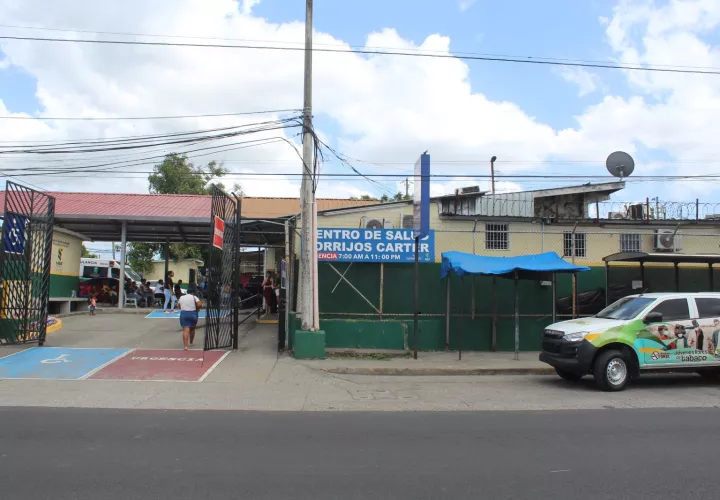Panamas VP forecast disaster for Canal expansion

Panama’s Vice President Juan Carlos Varela called the Panama Canal expansion a “disaster” " during a luncheon with Ambassador Barbara Stephenson in December 2009.

The statement came after a group led by Spain’s Sacyr Vallehermoso SA won a $3.1 billion contract to widen the canal to allow larger ships, a confidential U.S. diplomatic cable said.
The cable, released by WikiLeaks and published in Madrid’s El Pais newspaper, said that Varela expressed concerns that Sacyr was in “deep financial trouble” and might not be able to complete the work.
“The Canal expansion project is a disaster,” the cable cited Varela as saying at a lunch with U.S. Ambassador Barbara Stephenson on Dec. 29, 2009. “In two to three years, it will be obvious this is all a failure.”
The ambassador’s office had “provided relentless advocacy” for Bechtel Group Inc., the largest U.S. engineering company, in its failed bid to win the largest contract for the $5.25 billion canal expansion, according to the cable.
Sacyr is working with Italy’s Impregilo SpA to build a third set of locks that will allow bigger ships to traverse the canal by 2014. The contract was awarded in July 2009.
The El Pais article had no response from Sacyr on the cables. In August, the company called the canal bidding process “exemplary,” according to the El Pais story.
Calls and e- mails by Bloomberg News seeking comment from Sacyr and Varela’s offices outside of business hours weren’t returned.
The Panama Canal Authority, in an e-mailed response to the article, said as the waterway’s operator it “shields” itself from any outside pressure.
A January 2010 cable noted that Some days later, Varela repeated his concerns during a conversation with Congressman Pedro Pierluisi, Puerto Rico. According to the cable, Varela said the Spanish consortium was "very weak" and that he had "genuine concerns" about its ability to execute.
The cable also indicates that Varela said to the embassy's number two: "One does not mess with something as important as the Canal. When a bidder makes an offer that is a thousand million dollars below the next competitor, then something is seriously wrong. Of course I have the best hope, but I fear that Alberto [Aleman] has made a big mistake. "
Varela was also concerned by the fact that they were looking for Spanish companies to participate in the construction of the Panama Metro.
Later, Ambassador Stephenson asked the president, Ricardo Martinelli, on the progress of the canal project.
The answer? "Martinelli made a face and seemed to be a little worried. He said he feared the Aleman administrator may have tilted the contest to the consortium including CUSA, directed by his cousin. "
Stephenson sent a cable to the State and Commerce departments, alerting them that Varela and Martinelli were making such statements in the presence of congressmen who visited Panama. But she added two significant findings: One, that Varela's presidential aspirations were "sensitive" to the possibility that the canal expansion would result in failure. And two, the U.S. embassy has always considered that the Alemanmanager is a "highly capable manager and unimpeachable integrity."
This cable and others reveal that the U.S. Embassy in Panama did what Stephenson had branded in others as "ruthless lobbying" for the consortium led by U.S. company Bechtel tro get the contract to build a third set of locks. The embassy believed that if Bechtel won, it would mean f the United States selling over a billion dollars in materials and equipment.
Therefore, the embassy was pleased to win the consortium led by Sacyr, a Spanish company offered a price far below the other two competitors. The embassy had "strong suspicions" that the price was possible because the company was receiving a grant from the Spanish government. It was also assumed that Sacyr would renegotiate the price later.
Meanwhile, experts from the Inter American Development Bank estimated the total project cost at $5.9 billion(rather than the official estimate of $ 5.25 billion), while Bechtel estimated that the cost could reach $9.9 billion if the contractor assumed all risk . Bechtel considered challenging the tender, but finally decided not to.
The triumph of Sacyr "complicates our bilateral relationship to political and economic level," said the ambassador in one of her cables to Washington. The contract "is a sign of the growing Spanish influence in Panama, with the possible loss of opportunities for U.S. exports for the canal project "
The Panama Canal Authority (ACP) said it has shielded its management "from interference and pressures of any origin or nature, to ensure, the interests of the country and the state. "
It said the hiring process for the expansion of the Canal "ensures full transparency and broader competitiveness.”
The government has so far , declined to comment on the statements by Martinelli and Varela. La Prensa reported that it had made numerous attempts to contact Varela who did not return calls.
Sacyr The Spanish company declined to comment .





